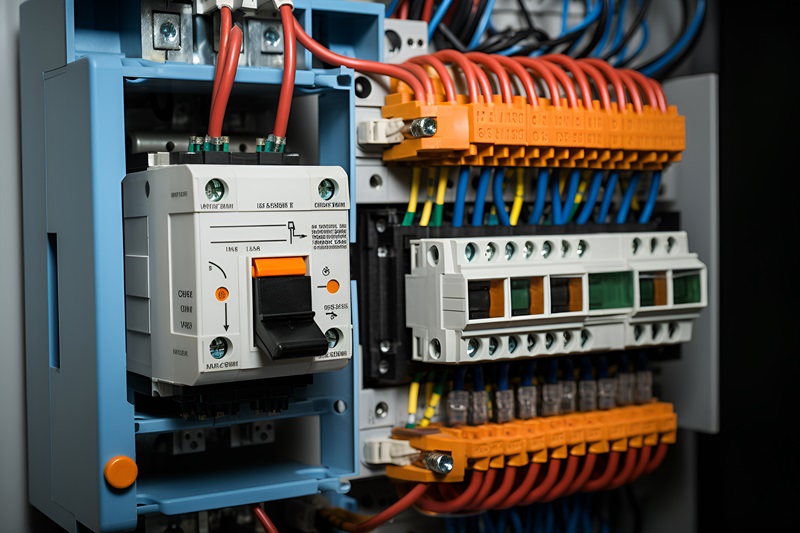In recent years, the global energy landscape has undergone a significant transformation, driven by the advent of smart electric meters. These advanced devices serve as the critical interface between energy providers and consumers, facilitating real-time communication and data exchange. As the backbone of the energy internet, smart meters are pivotal in managing electricity distribution, enhancing energy efficiency, and promoting sustainable practices.
Smart electric meters are designed to provide comprehensive information about electricity consumption, enabling users to monitor their energy usage in real-time. This capability is essential for effective electricity load management, allowing consumers to adjust their usage patterns based on demand and pricing. The next-generation Internet of Things (IoT) smart meters go beyond traditional metering by supporting bidirectional communication, which enables not only the measurement of energy consumption but also the integration of renewable energy sources and electric vehicles into the grid.
The evolution of smart meters is marked by continuous updates to standards and functionalities. Initially focused on bidirectional metering, these devices are now evolving towards multi-way interactions, enhancing their value proposition. This shift is crucial for achieving comprehensive energy integration, where generation, distribution, and consumption are seamlessly coordinated. The ability to monitor power quality and conduct grid operation scheduling further underscores the importance of smart meters in modern energy management.
The global investment landscape for energy infrastructure is also changing rapidly. According to the International Energy Agency (IEA), global grid investment is projected to double to $600 billion by 2030. This surge in investment is driven by the increasing demand for smart electric meters across various regions, each exhibiting unique growth trajectories. For instance, the global smart electric meter market is expected to expand from $19.32 billion in 2022 to $46.37 billion by 2032, reflecting a compound annual growth rate (CAGR) of approximately 9.20%.

Regional trends reveal differentiated demand for smart meters. In the Asia-Pacific region, the cumulative installed smart electric meter numbers are anticipated to grow at a CAGR of 6.2% from 2021 to 2027. North America is expected to follow with a 4.8% CAGR during the same period. Meanwhile, Europe and Latin America are projected to experience more robust growth rates of 8.6% and 21.9% CAGR, respectively, from 2022 to 2028. Africa, too, is not left behind, with a forecasted growth rate of 7.2% CAGR from 2023 to 2028.
The increasing adoption of smart electric meters is not merely a technological upgrade; it represents a fundamental shift towards a more sustainable and efficient energy ecosystem. By enabling real-time monitoring and coordinated control of energy resources, smart meters facilitate the integration of renewable energy sources, reduce energy waste, and empower consumers to make informed decisions about their energy usage.
In conclusion, the global trend of smart electric meters is reshaping the energy landscape, driving investments, and fostering innovation. As these devices become more prevalent, they will play a crucial role in achieving a sustainable energy future, characterized by enhanced efficiency, reliability, and consumer engagement. The journey towards a smarter energy grid is just beginning, and the potential benefits are immense, promising a more resilient and environmentally friendly energy system for generations to come.
Post time: Nov-29-2024

